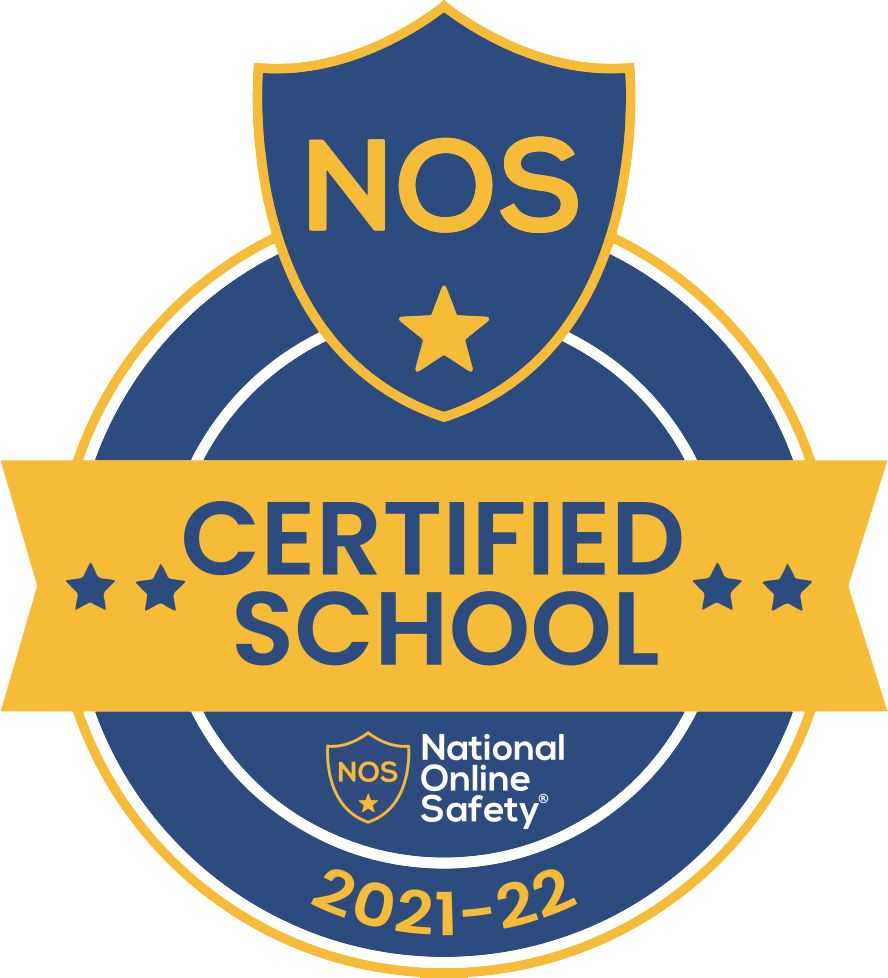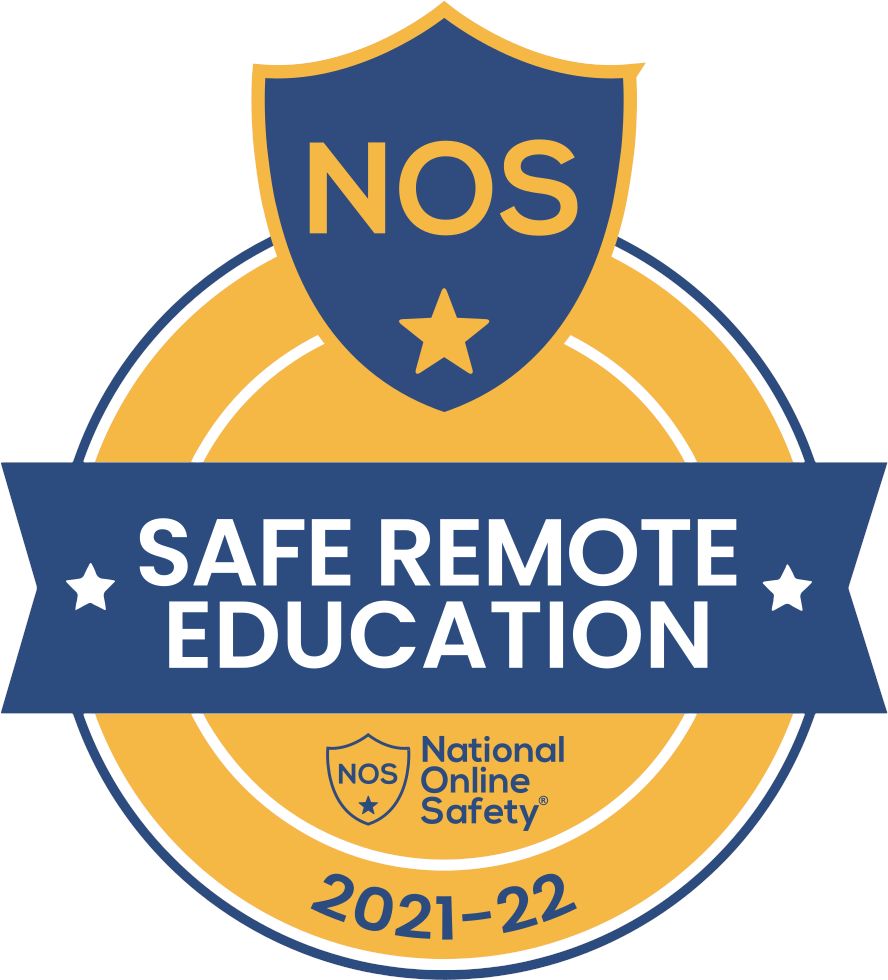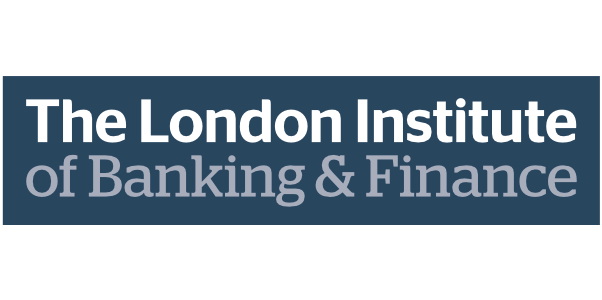Religious Education at Post 16
Religious Education at Key Stage 5
Introduction: The contribution of Religious Education to the Post-16 Curriculum
Religious Education is a statutory requirement for all students in Key Stage 5 who are registered in either a school with a sixth form, a sixth form college constituted as a school or registered in a school working as part of a consortium, except for those withdrawn by their parents. The New Agreed Syllabus requires schools and colleges to select religious and non-religious worldviews as appropriate to their setting, considering their prior learning in Key Stage 4. Preferably, RE is taught as a continuous provision and it should be clearly identifiable with clear learning outcomes.
Religious Education courses broaden and enhance the curriculum by giving students the opportunity to consider a wide range of religious, philosophical, psychological, sociological, and ethical issues and to develop their own codes of belief.
Sixth form Religious Education is intended to support and recognise the achievements of all students at Key Stage 5. The flexible course of study explained in these requirements promotes the religious imagination and the development of key skills. It provides for students with a variety of aptitudes, abilities and needs that may not be fully met through current AS and A Level examination syllabuses and encourages all students to explore ways of communicating and presenting their knowledge and understanding of religion in a variety of media. In this way sixth form Religious Education caters for and affirms a range of learning styles, individual interests and gifts and talents of students.
Religious Education at post-16 should be planned as carefully as in the statutory period of schooling and should give due consideration to:
· breadth and balance of knowledge, understanding and skills;
· differentiation to meet the needs and abilities of the full range of students;
· the spiritual and moral development of students;
· preparation for work and adult life;
· progression and continuity from Key Stage 4 and through the Sixth Form;
· assessment and accreditation wherever possible including self and peer assessment;
· challenge.
In the suggested syllabus, careful consideration has been given to the selected content to ensure pupils have the opportunity to build on knowledge over time. The revised curriculum highlights the importance of drawing on different lenses to teach and learn within RE; including a theological lens, a sociological lens, and a philosophical lens. This integrated approach enables pupils to gain a deeper yet balanced understanding of the subject.
Examination Courses
While there is no legal requirement that students must sit public examinations, students do deserve the opportunity to learn about religion and world views. A range of KS5 courses, including Sociology, Criminology and the English subjects do offer opportunities for some work on religious and moral issues. An appropriate curriculum should provide a coherent and meaningful experience for students while meeting statutory obligations and contribute to other current priorities, e.g., British Values, spiritual, moral, social, and cultural development.
Links with the wider curriculum
There are several ways to extend opportunities for students to engage with a wider thematic and issues-based curriculum. Those engaged in sixth form teaching are keen to provide opportunities for students to become more articulate and reflective. They are also mindful of the need for CV building so that all students can present themselves with some confidence when applying for Higher Education and careers. The longer-term aim is to prepare young people for adulthood, of course, not just to pass exams.
Aims
This Key Stage 5 syllabus aims to:
· build on the previous experiences at Key Stage 3 and 4, whilst recognising their maturity, status and interests at this stage of their education;
· engage our students in a systematic enquiry into significant human questions so that they can develop the understanding and skills needed to appreciate and appraise varied responses to these questions, as well as develop views of their own;
· enable our students to engage with a wide range of ideas and beliefs in contemporary society through a range of disciplines including philosophy, psychology, sociology, science, the arts and literature;
· prepare our students for a greater understanding of the role of belief and culture in the modern world, enabling them to develop more critical approaches to media and popular portrayals of religion, faith and belief;
· provide a range of opportunities for investigation, personal research, discussion and presentation of views and ideas.
Opportunities
Our Academy will provide our students with the opportunity to:
· develop their knowledge and understanding of the nature, role and influence of religion and belief in the world;
· explore a personal sense of meaning and purpose in own their lives and how they relate to others;
· develop their skills and ability to arrive at a reasoned opinion and to handle controversial issues;
· develop an understanding of and respect for different beliefs and life‐ styles.
Content
The following units are the types of topics the Academy will offer either as stand-alone study/discussion/enquiry units or through other approaches suggested below:
· Is religion in decline? What are the arguments for and against secularisation? (Social Sciences)
· Ethics – how does belief impact on medical ethics and practice e.g. abortion, euthanasia, cloning, organ donation, medical treatment? (Philosophy)
· What can we know and what is true? (Philosophy)
· Climate Change: Whose responsibility, is it? (Social Sciences)
· What is human nature? How should we behave? (Philosophy)
· How is belief changing locally, nationally and globally? (Social Sciences)
· Religion as a force for division or healing? (Theology)
· Personal faith and values – and their impact on individual behaviour, relationships, gender, sexuality and personal responsibility. (Social Sciences)
Delivery
RE is preferably taught as continuous provision where learning progress is being made. This can be delivered in a variety of imaginative ways to engage all young people – visits, debates, film, exhibitions, theatre visits, etc.
Some examples of the ways that we will deliver the programme include:
a) Debates: There is already some experience of this within the Academy. A wide range of ethical /moral issues would make ideal subjects for debate.
b) Conferences: This could be a half-day conference for our students with invited guest speakers on a topic that would have resonance for young people e.g. Is nuclear war ever justified? What are the implications of AI for humanity? Should there be limitations on personal wealth?
c) Universities leading a small programme of expert seminars with the staff from a range of departments (e.g. philosophy, theology, politics, and religious literacy)
d) Volunteering and fund-raising linked to a chosen charity or hospice.
f) Each taught A Level or equivalent programme, if appropriate, will consider moral and ethical considerations relevant to the subject.
Standing Advisory Council on Religious Education (SACRE) | North Northamptonshire Council







